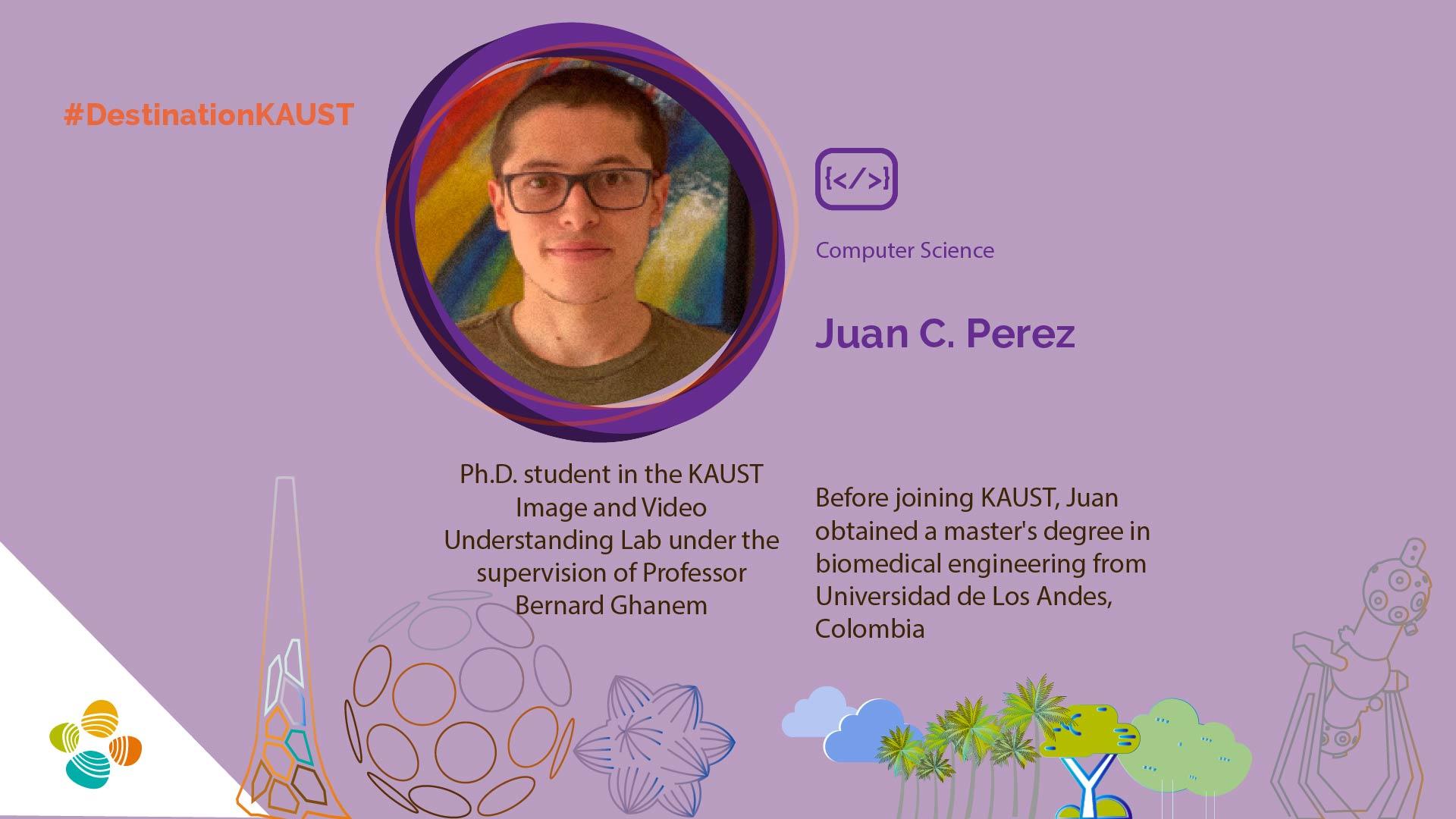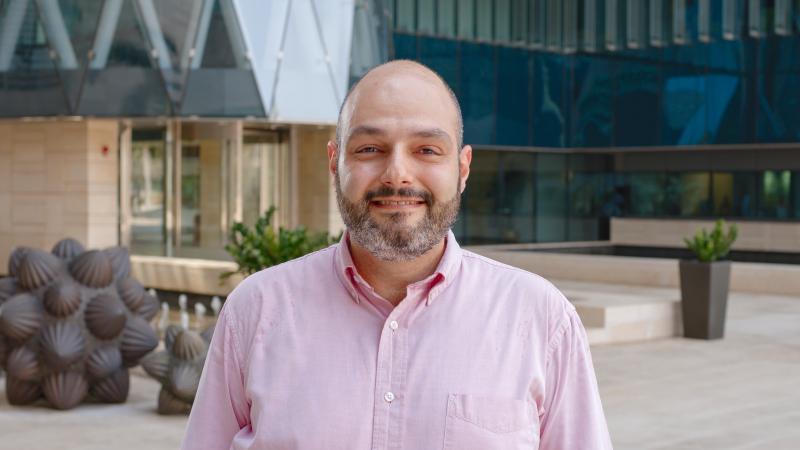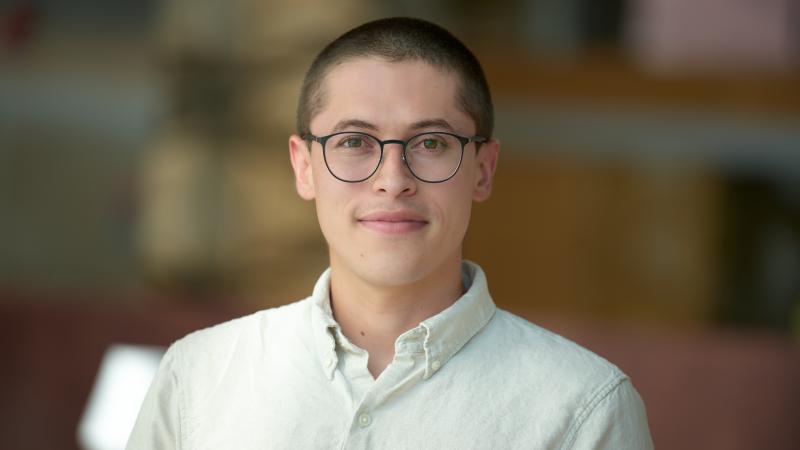-By Taruna Rapaka
Juan C. Pérez is a biomedical engineering graduate from Universidad de Los Andes, Colombia, who joined KAUST in January 2021. Juan first came to KAUST as an intern and was amazed by its excellent research atmosphere, environment, and resources. These factors served as an impetus in choosing KAUST as the destination to further his academic career.
Pérez joined KAUST as a Ph.D. student and member of the Image and Video Understanding Lab under the supervision of Professor Bernard Ghanem.
What was your main subject during your master's degree? Why did you choose it?
I studied problems at the intersection of computer vision and natural language processing. In particular, I focused on instance segmentation based on queries presented in natural language. I found this problem very interesting because, initially, I thought a machine could in no way be capable of performing well. However, I was (gladly) proven wrong.
When did your interest in computer science arise? What are your research interests?
During my final years as an undergrad, I found a deep interest in computer science topics. Particularly, I found the systematic study of how to perform intelligence-related tasks and how this study gathered insights from what humans do most interesting.
My research interests are studying how we can design "intelligent" machines that exploit priors that humans have about the world. My intent with this is to have systems that:
1. Perform well.
2. We understand a little better.
3. Do not fail in unexpected ways when we deploy them.
What do you do in your spare time? What are you passionate about?
I like running and reading non-fiction books. I am passionate about learning about other fields; specifically, I enjoy learning about psychology and economics, mainly because they study how and why humans do what they do.
What is your future outlook?
I expect to learn exciting things about computer vision during my Ph.D. and make them known to the scientific community and the world.
Can you give a piece of advice to students who plan to pursue a M.S./Ph.D. at KAUST?
I'd encourage them to find the "right" research topic. By that, I mean find a topic that eases the subsequent search for an academic program, advisor, and research topics.


